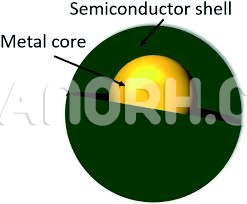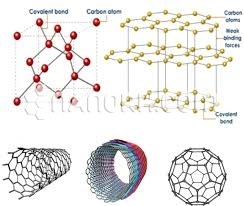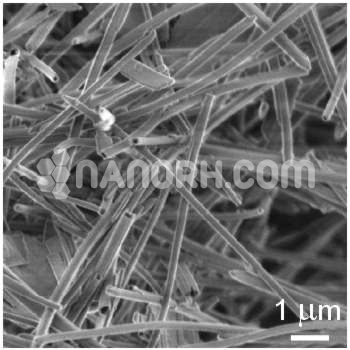| Nickel Platinum Core-Shell Nanoparticles | |
| Product No | NRE-16068 |
| CAS No. | 7440-02-0/7440-06-4 |
| Formula | Ni/Pt |
| APS | <100nm (can be customized) |
| Shape | Spherical |
| Purity | 99.9% |
| Core | Nickel |
| Shell | Platinum |
| Appearance | Black Powder |
| Boiling Point | NA |
Nickel Platinum Core-Shell Nanoparticles
Introduction
Nickel-Platinum core-shell nanoparticles are a type of composite nanomaterial in which a Nickel (Ni) core is coated with a thin layer of Platinum (Pt). This unique core-shell structure combines the distinct properties of both metals to create nanoparticles with enhanced performance in various applications. The Nickel core provides magnetic properties and cost-effectiveness, while the Platinum shell adds high catalytic activity, chemical stability, and resistance to corrosion. This combination makes Ni/Pt core-shell nanoparticles highly valuable for a wide range of applications, especially in energy conversion, catalysis, and electronics.
The core-shell structure not only improves the stability and longevity of the nanoparticles but also allows for greater control over their properties, such as size, composition, and surface reactivity. The platinum shell offers noble-metal characteristics, which are essential for high-performance catalytic processes, while the Nickel core adds magnetic and electrical properties that enhance the material’s overall functionality.
Core Components and Their Properties:
Nickel (Ni) Core:
Magnetic Properties: Nickel is a ferromagnetic metal, and as the core material in the nanoparticle, it imparts magnetic properties to the overall structure. This makes Ni/Pt nanoparticles useful for magnetic separation, drug delivery, and magnetic resonance imaging (MRI).
Electrochemical Properties: Nickel is widely used in electrochemical applications, such as batteries and supercapacitors, due to its high electrical conductivity and affinity for electrochemical reactions.
Cost-Effectiveness: Unlike platinum, which is an expensive noble metal, Nickel is relatively inexpensive, making Ni/Pt core-shell nanoparticles a more cost-effective alternative for large-scale applications that require platinum’s catalytic activity.
Platinum (Pt) Shell:
Catalytic Activity: Platinum is a highly active catalyst for a wide range of reactions, including hydrogenation, oxygen reduction, fuel cell reactions, and oxidation processes. The Pt shell enhances the catalytic efficiency of the nanoparticles, making them valuable for energy conversion and chemical synthesis.
Chemical Stability and Durability: Platinum is chemically stable and resistant to corrosion, even under harsh conditions, making it ideal for use in processes that involve high temperatures, reactive chemicals, or extreme environments.
Surface Plasmon Resonance (SPR): The Pt shell can also exhibit surface plasmon resonance (SPR) properties when properly engineered, enabling applications in sensing and optical devices.




